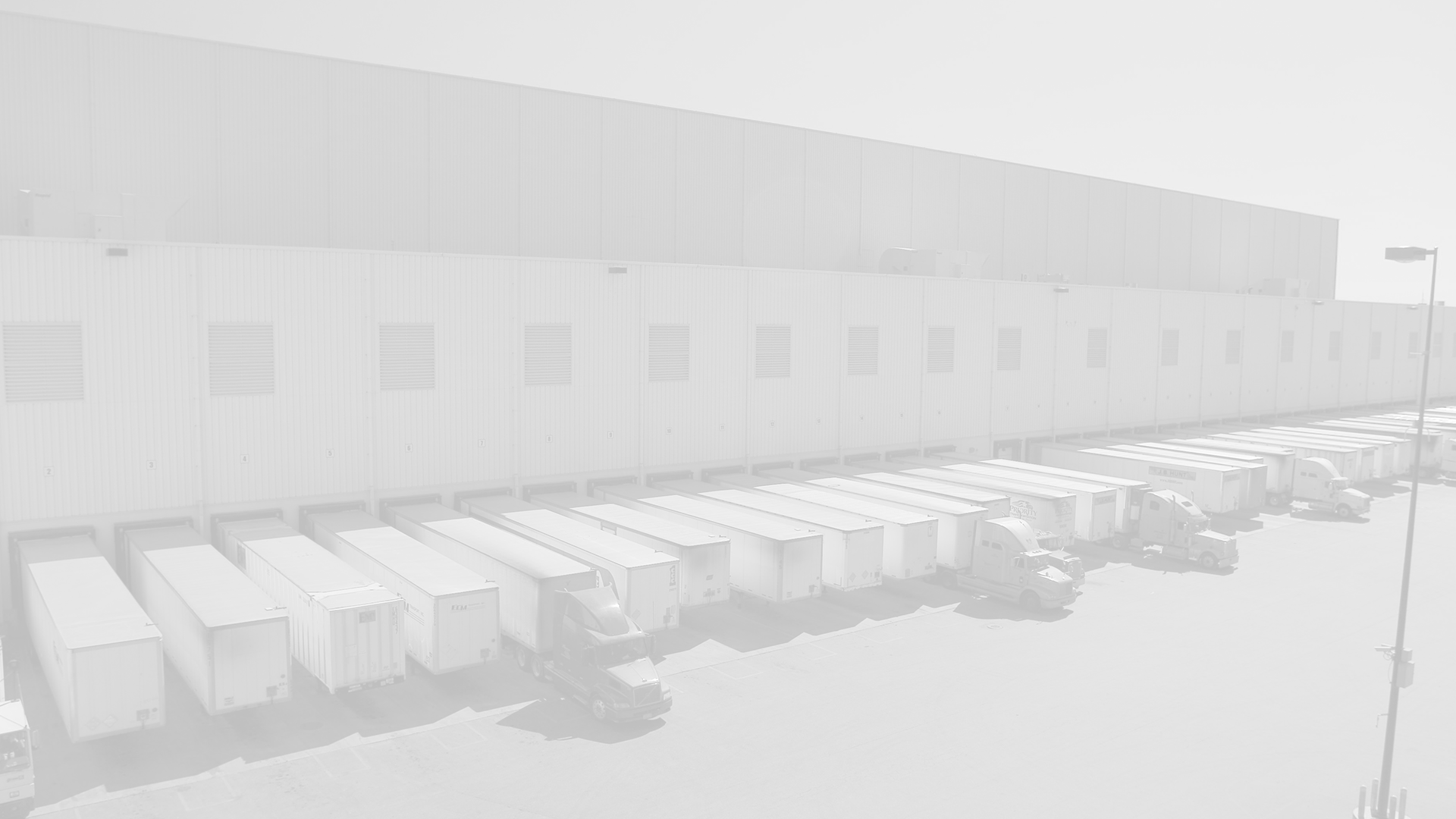With Uber making all sorts of headlines, both good and bad, and all sorts of cash, more and more eyes are turning to the possibilities of the crowd-sourced delivery market. Favor is a promising startup currently operating in Boston, Austin, and Dallas. A customer can use the app to order food, in “three taps” on their mobile device, and a Favor “runner” will acquire and deliver the food. Runners can earn around $15 an hour. Favor’s site proudly states it can deliver “tacos from food trailers, groceries from Whole Foods, office supplies from Office Max. You name it.”
Favor’s model allows more sales revenue for popular businesses. After its most recent launch in Dallas in November 2014, Favor boasted that it has helped businesses earn an additional $3 million in revenue by supporting the “end-to-end user experience”.
DISRUPTING AND WINNING THE WHITE-HOT DELIVERY MARKET
Forbes Contributor, Tom Taulli, September 28, 2014
Uber shows that there is a huge amount of money to be made from combining mobile apps with transportation. But why not apply the concept to the traditional delivery marekt?
Well, this is the focus of new startup, Favor. The company’s app makes it super-easy to get deliveries – with only three taps.
So to learn more about the venture, I recently talked to the co-founder and CMO, Zac Maurais. Here’s what he had to say:
Tom Taulli: The delivery market is a crowded space. Is it ripe for disruption?
Zac Maurais: The market is certainly ripe for disruption. Delivery has been done poorly for so long and the market is such a large, untapped space. Previously, companies focused on only one small aspect of the delivery process. Grubhub, for instance, offers an online ordering app, but does not complete the actual deliveries. This means Grubhub customers are forced to order from places that are paying Grubhub, and delivery times can be inconsistent.
At Favor, we decided early on we wanted to do the deliveries ourselves and focus on the full end-to-end user experience. This meant we needed to build our own app and proprietary back-end technology from scratch. When we started, there was no good way to get something delivered from any local store. Kazmo tried this a decade ago, but the idea was ahead of the technology to make it happen. The delivery space is hot, but the race is still early. Winning will come down to being a reliable service and building a brand that people trust.
Taulli: What are the biggest challenges you face as an early stage startup in the delivery market?
Maurais: Onboarding hundreds of drivers and making sure they are providing a high level of service as you’re scaling is extremely difficult. There’s an ever increasing number of options for workers in the ‘Sharing Economy’. They can drive for Uber, run errands for TaskRabbit, pick up groceries for Instacart, shop for Favor, and so on. To attract the best talent, companies need to make a compelling reason why workers should work for your startup instead of all the others. We’ve found this starts with creating a strong community. Organizing meetups at the park or taking a group to play mini-golf are a few ways you can create camaraderie within your group. Culture is how you make the job more than just picking up people’s food.
Delivery companies by nature are very operationally intense. The app is only the tip of the iceberg. In order to be successful in this space, you need to focus mostly on internal tools to manage the deliveries and catch errors before they happen. Proprietary algorithms dispatch deliveries to the best available driver and take into account variables such as food preparation time and multiple locations. We’re focused on the core technology to help us grow.
Taulli: Developing a successful mobile strategy is no doubt critical for Favor – any lessons for startups for how to approach mobile?
Maurais: To be successful in mobile, you need to remove steps and simplify everything. Favor customers are often surprised they can get anything in their city delivered by tapping only three buttons. The process of ordering needs to be as easy as texting your friend.
Often we approach mobile by discussing what feature can be removed, instead of what can be added. Before making a design change or building a new feature, we discuss what metric we’re trying to improve. Should this feature increase customer retention or convert more first time customers? How much of an improvement should we expect to see? Startups focused on mobile should run small experiments and test what’s converting customers and increasing revenue.

